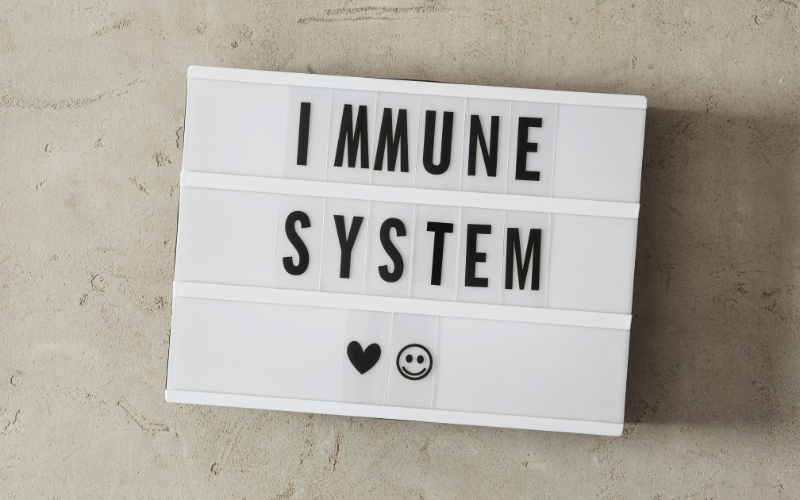Fact 9: Immunity’s Role

Our body’s immune system acts as the frontline defense against the HSV-1 virus. Once a person is exposed to the virus, the immune system springs into action, recognizing and responding to the intruder. White blood cells, antibodies, and other immune agents rally against the virus, attempting to curtail its spread. This defense mechanism, while powerful, isn’t foolproof. It can manage and suppress the virus, but not completely eradicate it.
The initial exposure to HSV-1 is often the most severe, as the immune system is grappling with an unknown entity. This first encounter can result in pronounced symptoms and a more prolonged recovery period. But, there’s a silver lining. The immune system, being adaptive, retains a memory of this encounter. This “immune memory” is pivotal in managing subsequent outbreaks, often resulting in milder symptoms and quicker recovery.
A robust immune system can keep the HSV-1 virus in check, but what happens when the immunity is compromised? Factors like other illnesses, stress, or even certain medications can weaken our body’s natural defense. In such scenarios, the dormant HSV-1 finds an opportune moment to reactivate, leading to cold sore outbreaks. This connection underscores the importance of maintaining optimal health and managing stress levels.
Post the first encounter with HSV-1, our body produces specific antibodies against the virus. These antibodies, floating in our bloodstream, are ever-vigilant. Their primary role is to neutralize the virus if it attempts to reactivate. Their presence explains why subsequent outbreaks are generally milder. The body is better prepared and can launch a swift counterattack.
Given the pivotal role of immunity in managing HSV-1, there’s ongoing research into developing a vaccine against the virus. A vaccine would prime the immune system, without the individual having to face an actual outbreak. While there have been promising strides in this direction, a comprehensive, globally-approved vaccine remains elusive. (9)